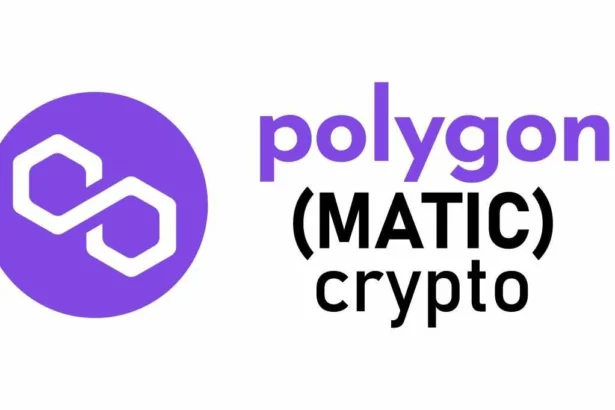Decentralized Website Platform: To make it easier for anybody to build, style, and publish decentralized websites, WebHash.com has introduced a groundbreaking no-code platform. In addition to supporting conventional DNS domains, this cutting-edge infrastructure works flawlessly with Web3 domains like ENS. With WebHash, your content is stored permanently and resistant to censorship using IPFS and Arweave.
WebHash has an outstanding record, with over 6,000 decentralized websites created using over 2071 templates created by over 3000 individuals. The success of WebHash has brought it to the top of the open-source web sector, earning it the nickname “WordPress for Web3.” This platform makes it easy to build a decentralized digital identity with its user-friendly design. This opens it up to more people.
The founder and chief executive officer of WebHash, Hidayath Shaik, recently stated that his company is revolutionizing web development with its no-code solution that lets anyone build decentralized websites. According to Shaik, the company’s goal is to democratize Web3 presence so that everyone, regardless of their level of technological knowledge, may use it. He went on to say that WebHash was more than simply a tool; it was a portal to the internet’s decentralized future.
Robust Features for Decentralized Web Development

For better-decentralized web development, check out WebHash’s platform. It has everything you need. The heart of this is a large library of editable templates and an easy-to-use drag-and-drop builder that doesn’t require any code. With no coding skills, this combination enables users to build aesthetically pleasing websites for various uses, such as portfolios and NFT galleries.
Chief Product Officer Ali Sadhik Shaik of WebHash emphasized the platform’s commitment to user empowerment. Unlike the complicated Web3 technologies, he said, WebHash is easy to use and packs a significant punch, giving users all the tools they need to express themselves on the decentralized web. WebHash is all about the ability to attain genuine digital ownership and permanence, according to Sadhik Shaik.
The platform connects the present and the future of web technology by its compatibility with both regular Web2 domains and Web3 domains like ENS. By assuring content persistence and censorship resistance through decentralized storage on IPFS and Arweave, WebHash answers a crucial requirement in the Web3 ecosystem.
Thomas Behymer, also known as Flexter, highlighted the platform’s user-friendliness, WebHash’s head of business development and growth. According to Behymer, anybody can make a decentralized website using the DIY website builder’s drag-and-drop interface; technical knowledge is unnecessary. He was ecstatic with the positive reactions of users who use decentralization to build amazing, useful websites.
Comprehensive Solutions for Web3 Presence
Present NFTs, manage blogs, integrate social media, and acquire insights with basic analytics—all with WebHash. Consistent updates, mobile friendliness, and rich CSS options make this platform an excellent choice for anyone looking to launch or expand their Web3 presence. Users can showcase their social media accounts, portfolios, NFTs, blogs, and movies. Calendars, and more with the vast choice of editable designs. To guarantee that all content remains available and unchanged, WebHash stores it on decentralized platforms such as IPFS and Arweave.
The long-term goal of WebHash’s expansion is to unite Web2 and Web3, allowing companies and people to have decentralized web presences. Consistent with this goal, WebHash will soon launch Hash Network, a decentralized gateway network that will work with. Conventional Web2 domains and applications. Unprecedented access to decentralized material is anticipated to be made possible by this lightning-fast gateway. As the launch date draws near, we will provide you with more updates on Hash Network.
As a decentralized website builder that doesn’t require coding knowledge. WebHash allows users to construct ENS domains and other Web3 domains that are resistant to censorship. Users can keep command of their digital identities. Independent of centralized systems thanks to the platform’s adaptable themes, drag-and-drop capabilities, and support for different kinds of content. With its revolutionary technique and focus on user empowerment. WebHash has the potential to play a significant role in the autonomous future of the Internet.






